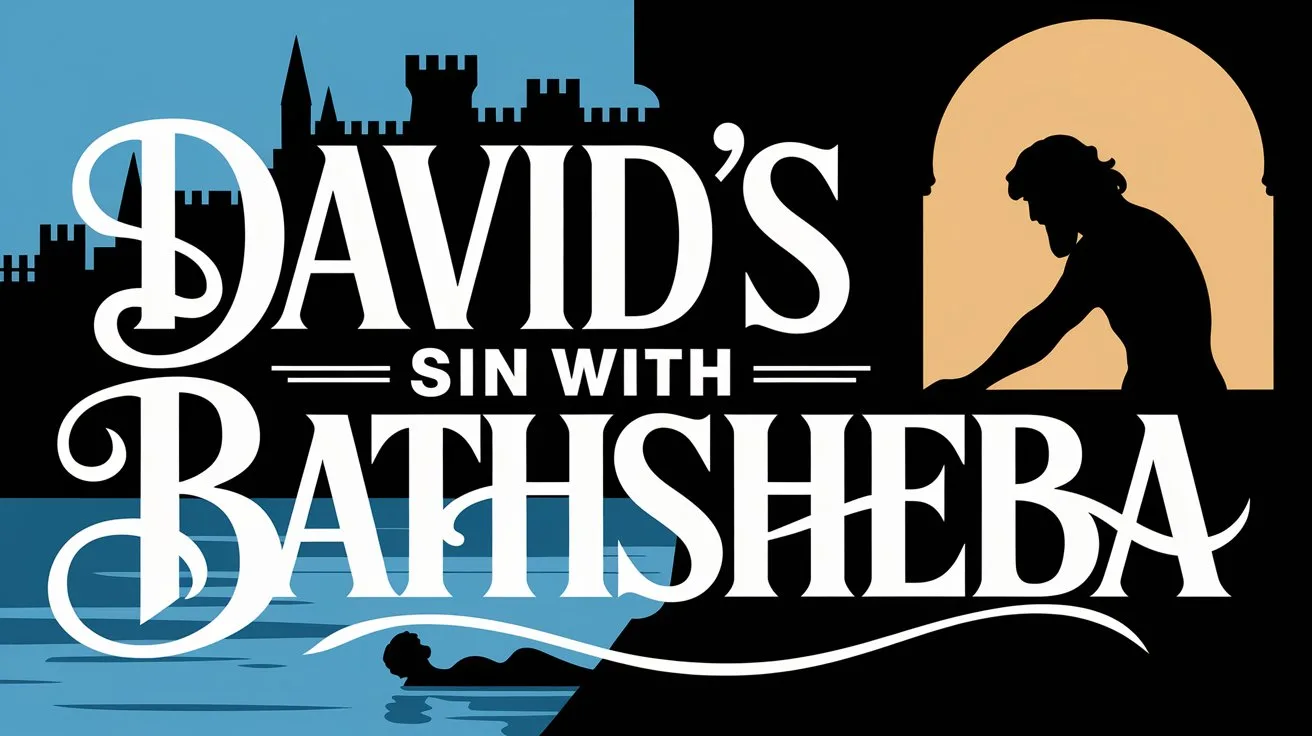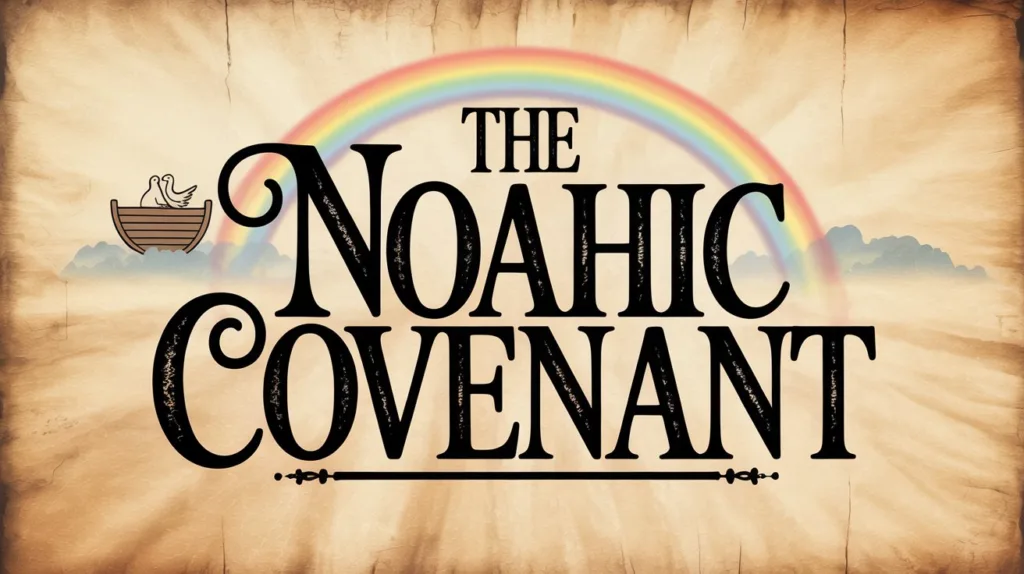David’s sin with Bathsheba is recorded in 2 Samuel 11. It begins with a small but significant detail:
“It happened in the spring of the year, at the time when kings go out to battle, that David sent Joab and his servants with him, and all Israel; and they destroyed the people of Ammon and besieged Rabbah. But David remained at Jerusalem.” (2 Samuel 11:1)
David, as king, should have been with his army, leading them in battle. This was not only his duty but also a divine responsibility. Yet, he chose comfort over duty, staying behind in Jerusalem. This decision set the stage for temptation.
One evening, David walked on the rooftop of his house and saw a woman bathing. Instead of looking away, he lingered, inquired about her, and was told:
“Is this not Bathsheba, the daughter of Eliam, the wife of Uriah the Hittite?” (2 Samuel 11:3)
This should have stopped him; she was married. But David, blinded by lust, sent for her, and they committed adultery. She later sent word that she was pregnant (2 Samuel 11:5).
The Cover-Up: A Spiraling Sin
David attempted to cover his sin by recalling Uriah from the battlefield, hoping he would sleep with his wife, making the pregnancy appear legitimate. However, Uriah was an honorable soldier. He refused to enjoy the comforts of home while his fellow soldiers were still at war.
“The ark and Israel and Judah are dwelling in tents, and my lord Joab and the servants of my lord are encamped in the open fields. Shall I then go to my house to eat and drink, and to lie with my wife? As you live, and as your soul lives, I will not do this thing.” (2 Samuel 11:11)
David’s desperation grew. He tried to make Uriah drunk, hoping that would lower his resolve; but still, Uriah did not go home (2 Samuel 11:12-13).
Finally, David resorted to murder. He wrote a letter to Joab, the commander, instructing him:
“Set Uriah in the forefront of the hottest battle, and retreat from him, that he may be struck down and die.” (2 Samuel 11:15)
Joab followed the command, and Uriah was killed in battle. After Bathsheba’s mourning period, David took her as his wife, thinking his sin was now concealed (2 Samuel 11:26-27). But the last verse in the chapter makes it clear that God saw everything:
“But the thing that David had done displeased the Lord.” (2 Samuel 11:27)
The Rebuke: Nathan Confronts the King
God sent the prophet Nathan to confront David. Instead of immediately exposing him, Nathan told a parable:
“There were two men in one city, one rich and the other poor. The rich man had exceedingly many flocks and herds. But the poor man had nothing, except one little ewe lamb which he had bought and nourished… And a traveler came to the rich man, who refused to take from his own flock… but took the poor man’s lamb and prepared it for the man who had come to him.” (2 Samuel 12:1-4)
David, angered by the story, declared:
“As the Lord lives, the man who has done this shall surely die!” (2 Samuel 12:5)
Then Nathan boldly declared,
“You are the man!” (2 Samuel 12:7)
Nathan revealed that God had blessed David with so much; yet, he despised God’s commandment and took Uriah’s wife. Judgment was pronounced:
“The sword shall never depart from your house… because you have despised Me, and have taken the wife of Uriah the Hittite to be your wife.” (2 Samuel 12:10)
Nathan also revealed that David’s child with Bathsheba would die (2 Samuel 12:14).
David’s Repentance: A Broken Heart Before God
Unlike Saul, who made excuses for his sins, David immediately confessed:
“I have sinned against the Lord.” (2 Samuel 12:13)
Nathan assured him that God had forgiven him, but the consequences would still follow.
David’s deep sorrow over his sin is recorded in Psalm 51, written in response to this moment:
“Have mercy upon me, O God, according to Your lovingkindness; According to the multitude of Your tender mercies, blot out my transgressions. Wash me thoroughly from my iniquity, and cleanse me from my sin. For I acknowledge my transgressions, and my sin is always before me.” (Psalm 51:1-3)
He pleads for a clean heart:
“Create in me a clean heart, O God, and renew a steadfast spirit within me. Do not cast me away from Your presence, and do not take Your Holy Spirit from me.” (Psalm 51:10-11)
David also expresses repentance in Psalm 32, acknowledging that hiding sin brings torment, but confession brings peace:
“When I kept silent, my bones grew old through my groaning all the day long… I acknowledged my sin to You, and my iniquity I have not hidden. I said, ‘I will confess my transgressions to the Lord,’ and You forgave the iniquity of my sin.” (Psalm 32:3, 5)
The Consequences: Suffering and Restoration
Though David was forgiven, the consequences of his sin unfolded dramatically. His household experienced constant strife:
- His son tamar/”>Amnon committed a terrible sin against his sister Tamar (2 Samuel 13).
- Tamar’s brother Absalom murdered Amnon in revenge (2 Samuel 13:28-29).
- Absalom later led a rebellion against David, forcing him into exile (2 Samuel 15-18).
- The child born from David’s sin with Bathsheba died (2 Samuel 12:18).
Despite this, God still showed mercy. Bathsheba later bore another son: Solomon, who would become king and build the Temple (2 Samuel 12:24). God’s grace was evident even amid judgment.
My Final Thoughts
David’s story is a sobering warning about sin’s deception. It began with complacency, escalated through lust, and led to adultery, deception, and murder. Yet, his response to God’s rebuke sets him apart. Unlike Saul, David genuinely repented. His broken heart before God, recorded in Psalm 51, remains a model of true repentance.
We learn that sin has consequences, but God’s mercy is greater. If we confess and turn to Him, He restores. However, we must never take sin lightly: what begins as a moment of weakness can spiral into devastation.
May we guard our hearts, stay where God has called us, and quickly repent when we fall.
“He who covers his sins will not prosper, but whoever confesses and forsakes them will have mercy.” (Proverbs 28:13)





 Get the book that teaches you how to evangelize and disarm doctrines from every single major cult group today.
Get the book that teaches you how to evangelize and disarm doctrines from every single major cult group today.